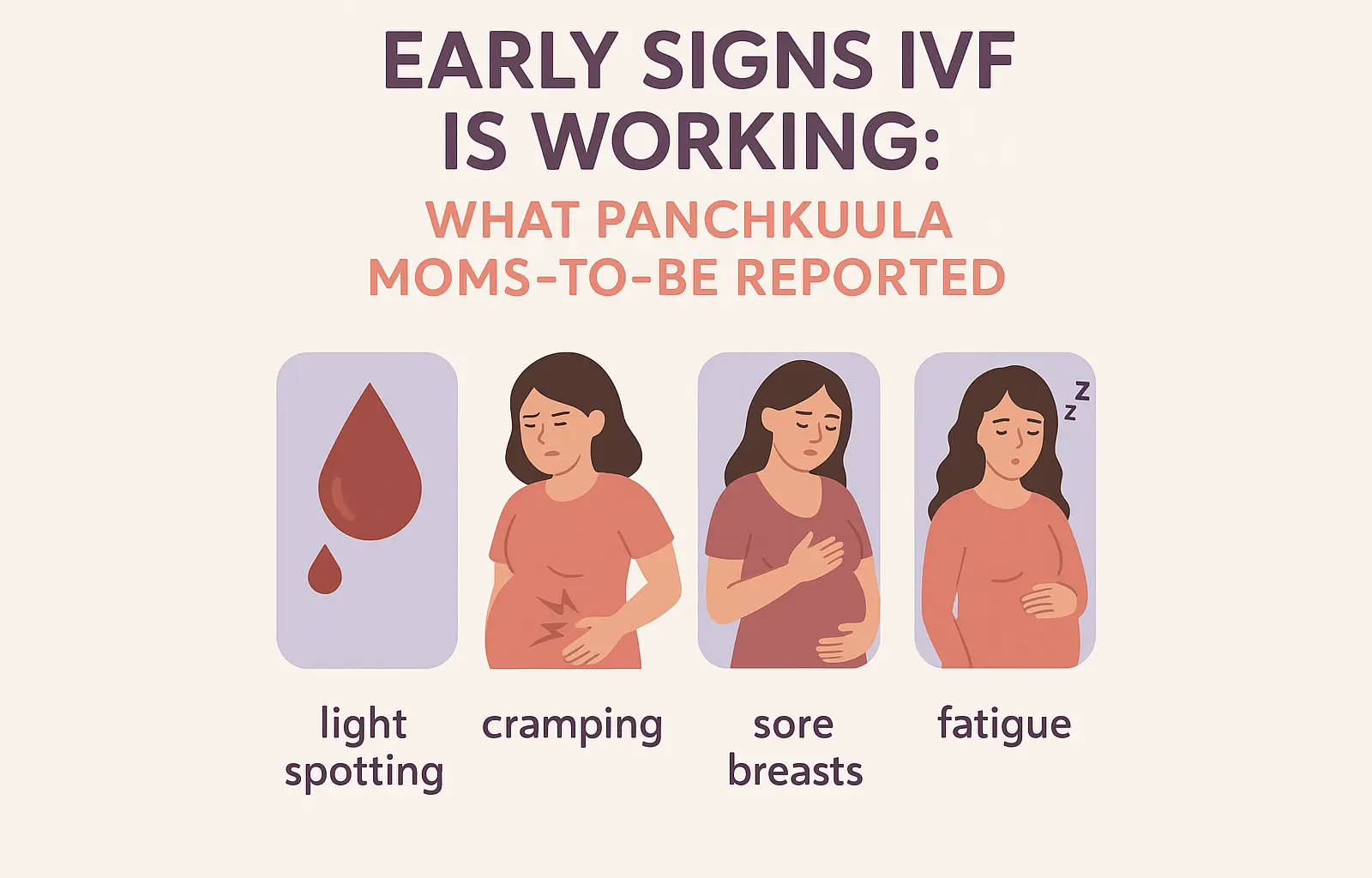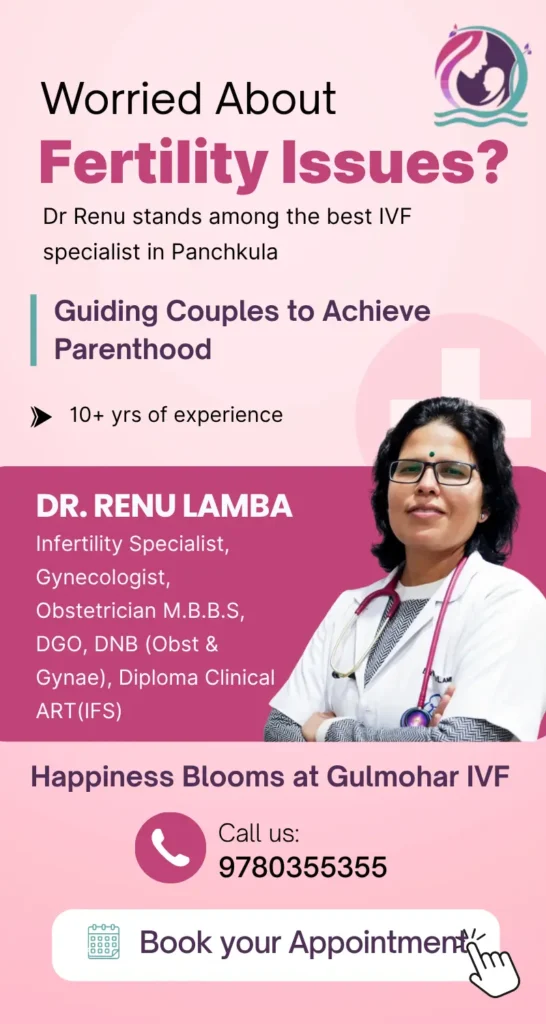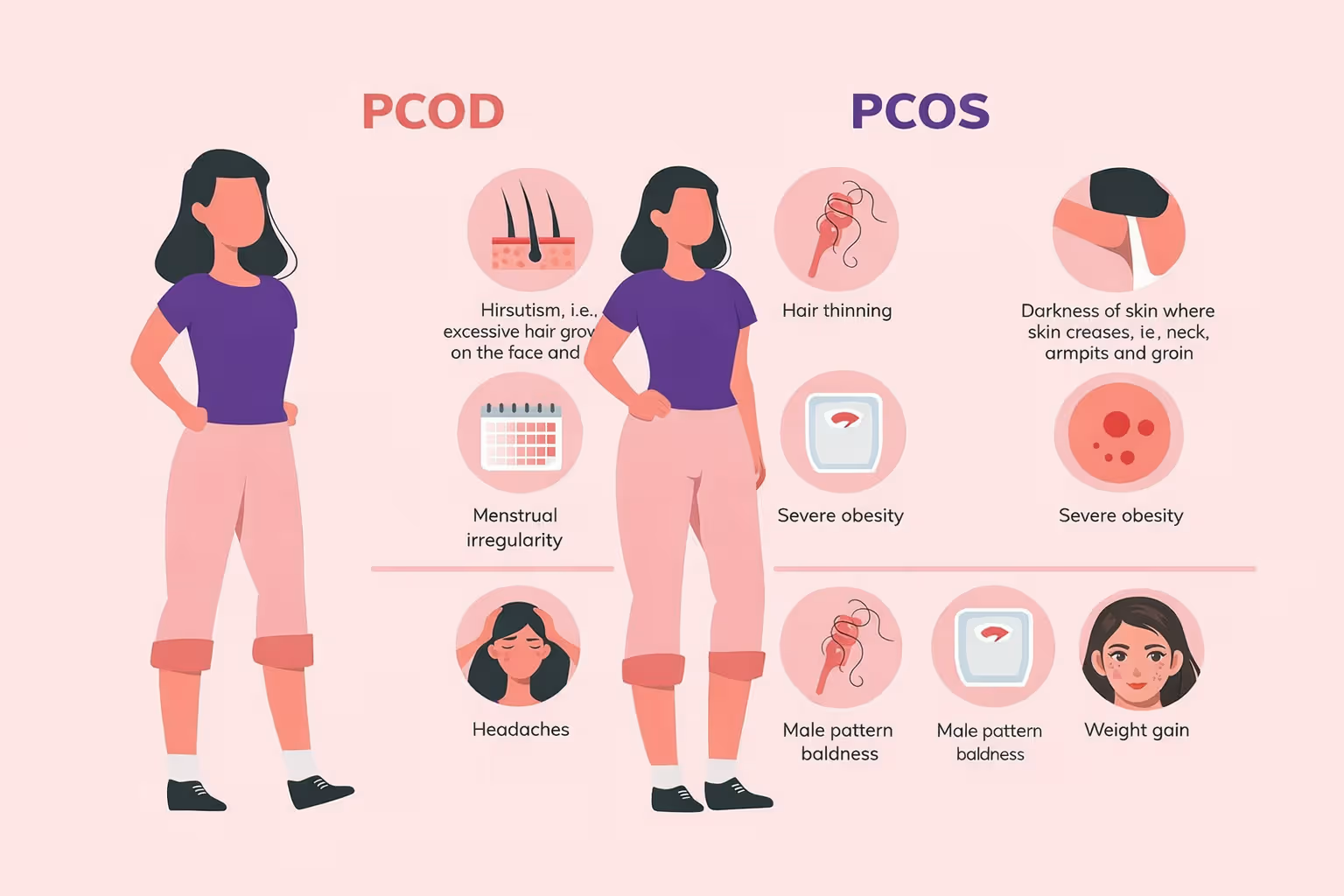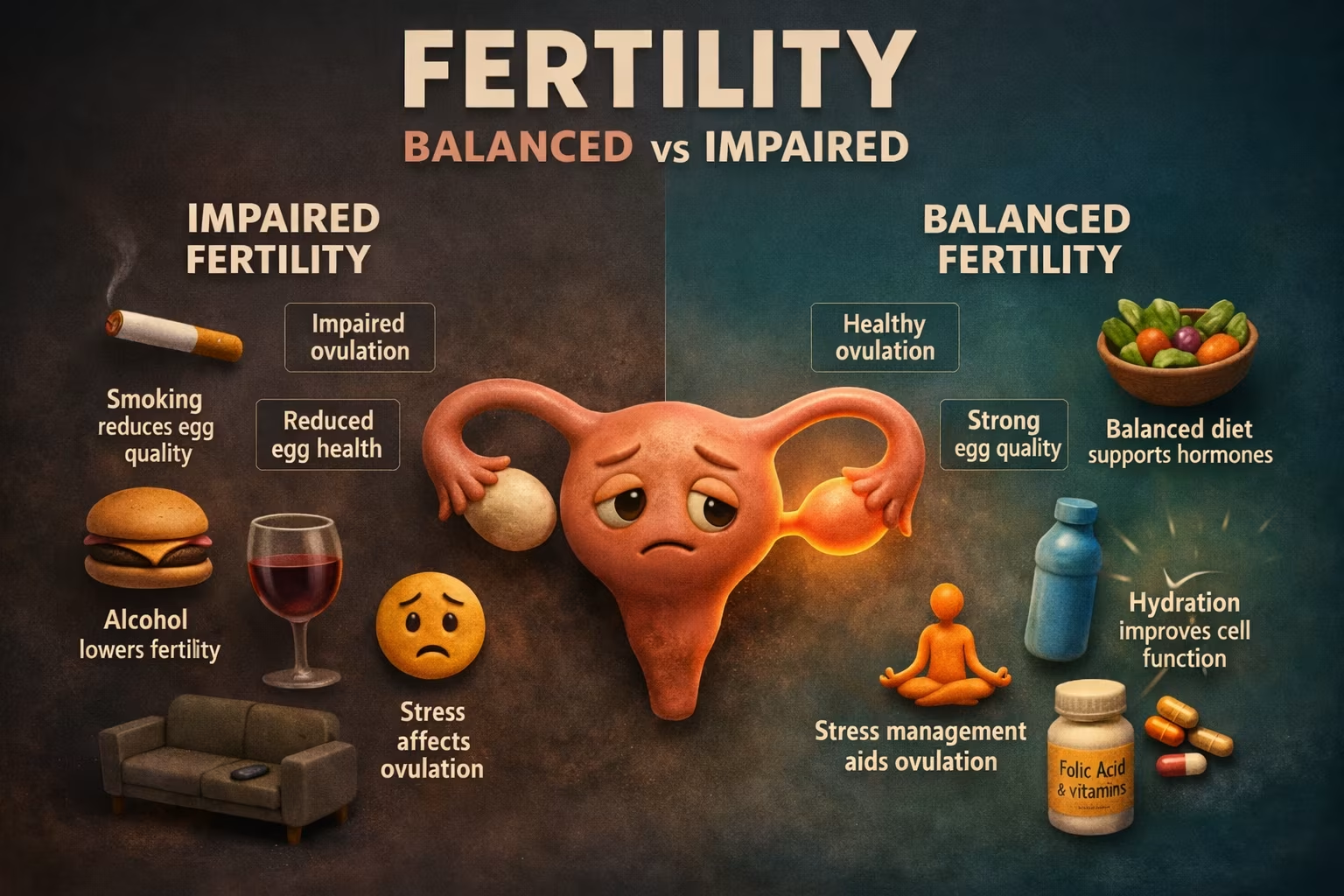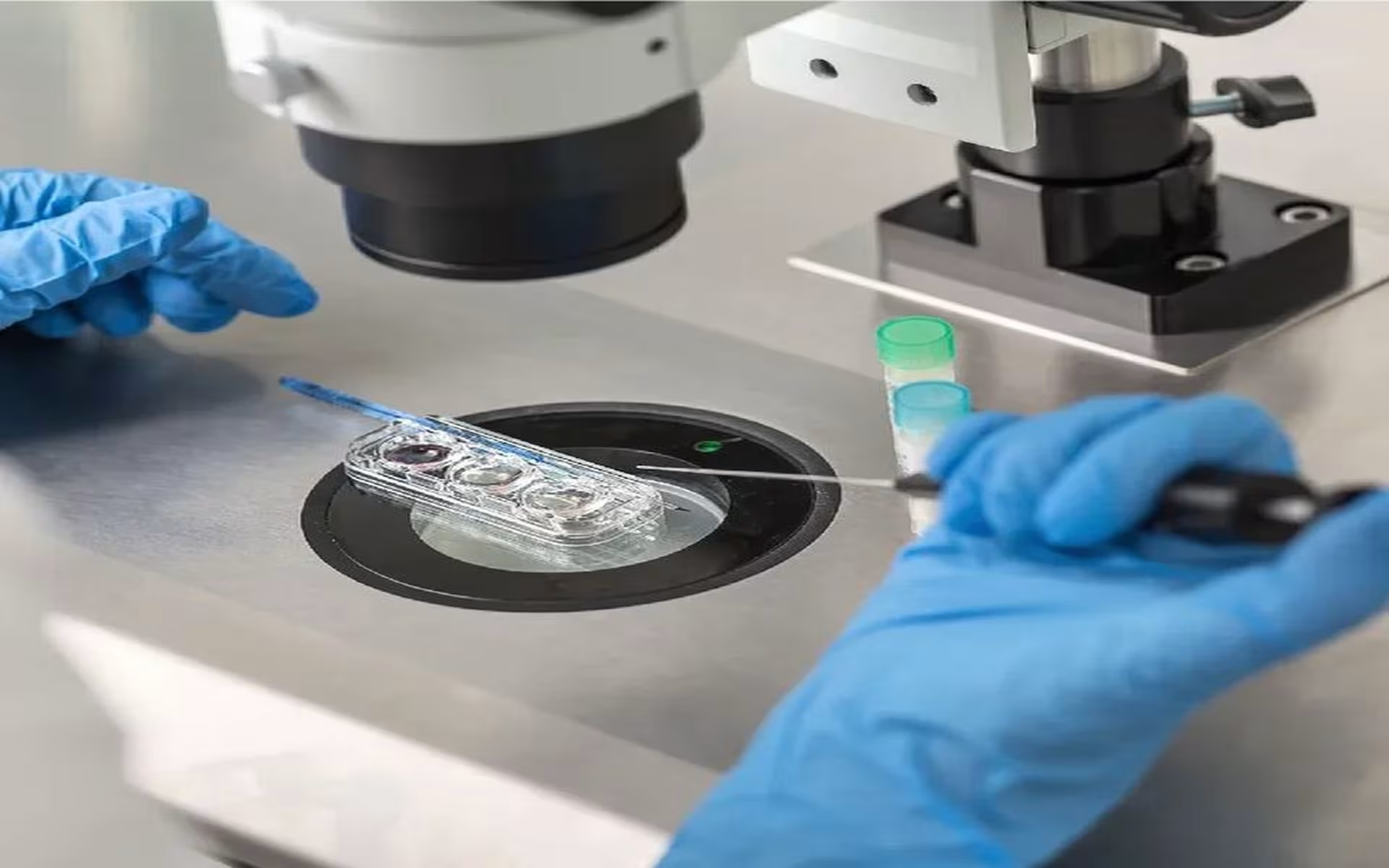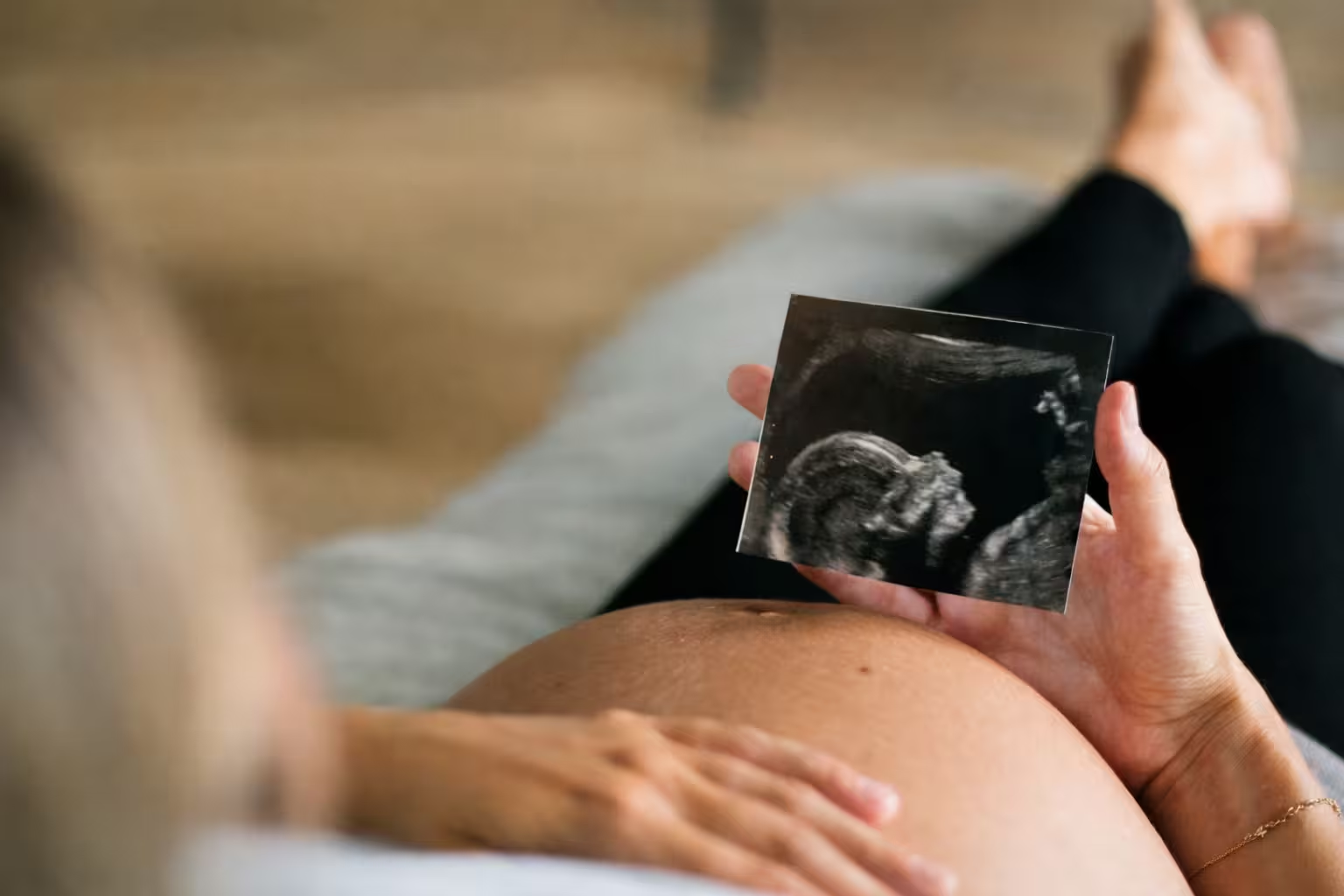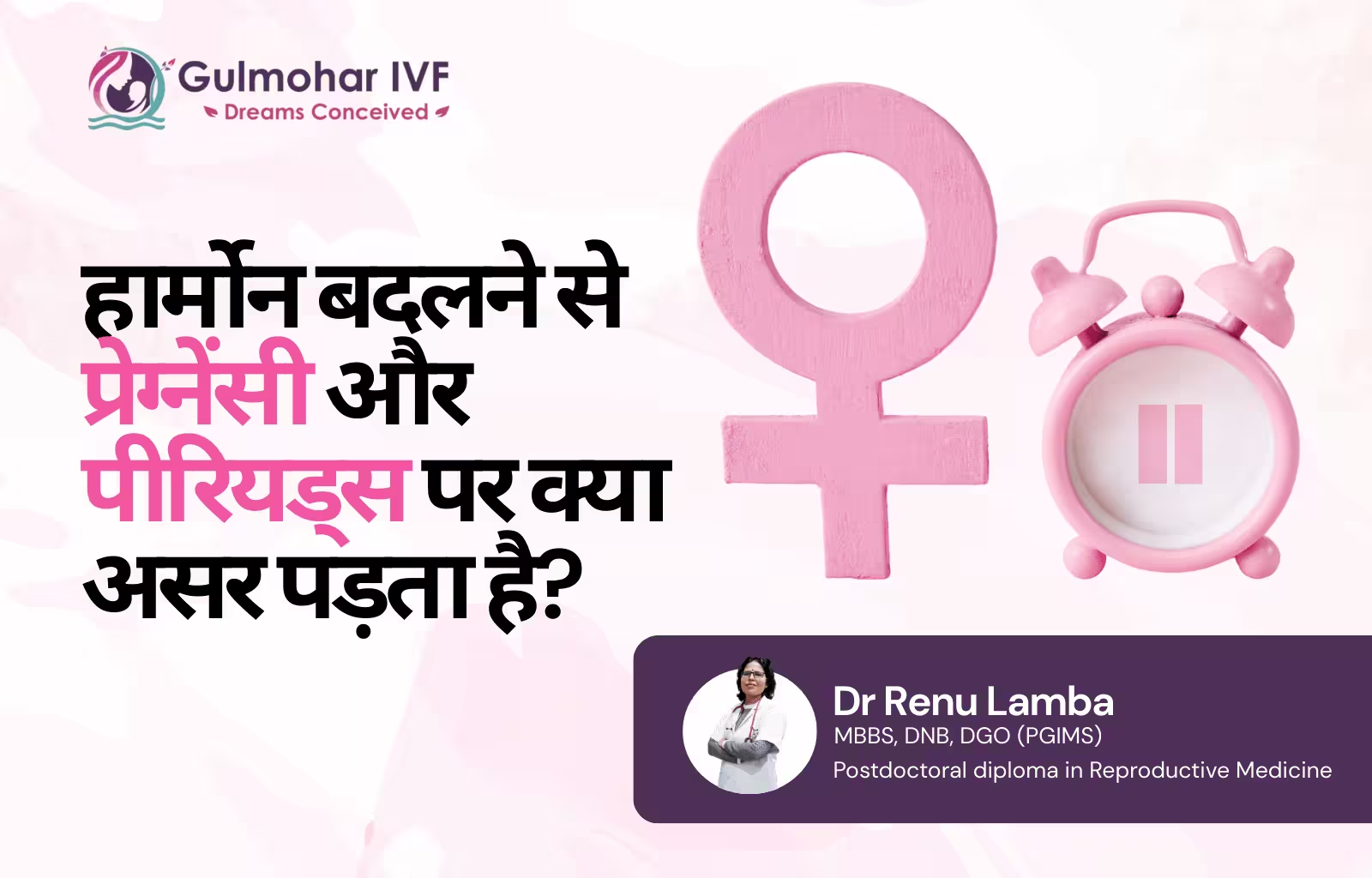Every hopeful heartbeat, every flutter in the stomach—during those two weeks after embryo transfer, time seems to slow down. Many Panchkula couples tell us that it’s the most emotionally intense phase of the IVF journey. And in those quiet moments, they often wonder: “Are there early signs IVF is working?” While only a blood test can confirm pregnancy, some women do notice subtle changes. In this article, we explore what real moms-to-be from Panchkula reported after successful IVF cycles at Gulmohar IVF.
1. The 2-Week Wait: Why It Feels Like Forever
After embryo transfer, you enter the dreaded “2WW”—the two-week wait before your beta hCG blood test. This is when the fertilized embryo tries to implant into your uterine lining. For many Panchkula women, this period is filled with second-guessing every cramp, every mood swing, every nap. Some even try homemade pregnancy tests or Google “early pregnancy symptoms” on loop. But doctors say: symptoms can vary or be totally absent—and that’s still normal. Your best bet is to track gently, not obsessively.
2. Mild Cramping and Implantation Twinges
Some of our patients at Gulmohar IVF described a “pulling” or “pricking” sensation on one side of the lower belly—usually around 6 to 10 days after embryo transfer. This could indicate implantation. One Panchkula mom, Nidhi, said it felt “just like period pain, but softer.” If you feel light cramping without heavy bleeding, it might be a hopeful sign. However, cramps can also be caused by progesterone shots or stress—so take it with calm curiosity.
3. Light Spotting: Pink or Brown Discharge
About 15–20% of women may experience slight spotting during implantation. It usually appears as a few drops of pink or brown discharge—not bright red. Priya, who conceived at age 36, told us, “I thought my period was coming early, but it was just two days of light brown marks—turned out to be implantation!” Gulmohar doctors recommend noting the timing and texture, but not panicking. Spotting is normal in early pregnancy, especially after IVF.
4. Breast Tenderness and Fullness
Some Panchkula women reported feeling heaviness or soreness in their breasts—similar to PMS. This is usually due to rising progesterone, which can be from both medications and pregnancy. Shalini, a first-time mom, described it as “a dull ache, almost like someone stretched the skin.” Not everyone gets this, and it doesn’t guarantee a positive test—but it’s often reported in successful IVF cases.
5. Fatigue That Hits Like a Truck
“I felt like napping at 11 am—totally unlike me,” recalls Simran, a Sector 9 resident. Fatigue is among the earliest signs that your body is ramping up pregnancy hormones. Even a tiny embryo sends a strong message to your system to slow down, conserve energy, and nurture. If you find yourself crashing early or craving naps, it might be more than just post-IVF stress—it could be implantation-related hormonal shifts.
6. Emotional Sensitivity or Mood Swings
Many Gulmohar IVF patients describe feeling unusually weepy, irritable, or sensitive to loud sounds and smells during this phase. Hormones like estrogen and progesterone rise significantly in early pregnancy. Anjali, a Panchkula banker, shared, “I cried because my husband forgot to bring dairy milk instead of dark. That’s when I knew something was up!” While these feelings can also result from IVF meds, when paired with other signs, they might mean something magical is happening inside.
7. Bloating and Digestive Changes
Early pregnancy hormones can slow down digestion. Some moms reported mild bloating, gassiness, or even constipation. A few even noticed food aversions or odd cravings—like Aarti, who suddenly disliked her favorite paneer butter masala. If your stomach feels unusually “puffed” or you’re experiencing random aversions, it could be a whisper from your changing body.
8. Heightened Sense of Smell or Taste
This one surprised many couples. One husband joked, “She smelled the haldi from the neighbor’s kitchen before I even stepped out!” A heightened sense of smell, or changes in how food tastes, are real signs of early pregnancy—though not everyone experiences them. These sensations typically begin in week 3 or 4, right around your beta test date.
9. No Symptoms At All? Still Possible
Here’s the catch: many successful IVF moms reported zero early signs. No cramps, no nausea, no spotting. Rashmi, who conceived twins via IVF, said, “I was sure it hadn’t worked. I even told my husband to prepare for the worst. Then my beta hCG came back positive!” It’s important to remember: absence of symptoms does not mean failure. IVF is as much about trust and patience as it is about science.
10. The Only Confirmed Sign: Beta hCG Blood Test
Despite all the signs and hopes, the only true confirmation is a quantitative blood test—called the beta hCG. It is usually done 10–14 days after embryo transfer. This test measures the hormone human chorionic gonadotropin, which is released when an embryo successfully implants in the uterus. At Gulmohar IVF, we schedule this test on Day 12 and guide patients with honest expectations. A positive beta is the first scientific milestone of your pregnancy journey.
“Feel the hope, but trust the science.”
While it’s tempting to overanalyze every symptom, remember—your body is doing its best. Whether signs show up or not, what matters most is being gentle with yourself during this time.
Want to speak to a fertility expert Dr. Renu Lamba? Book consultation with Dr. Renu Lamba.
Disclaimer: This article is for educational purposes only. Please consult a qualified fertility specialist for diagnosis and treatment options.


